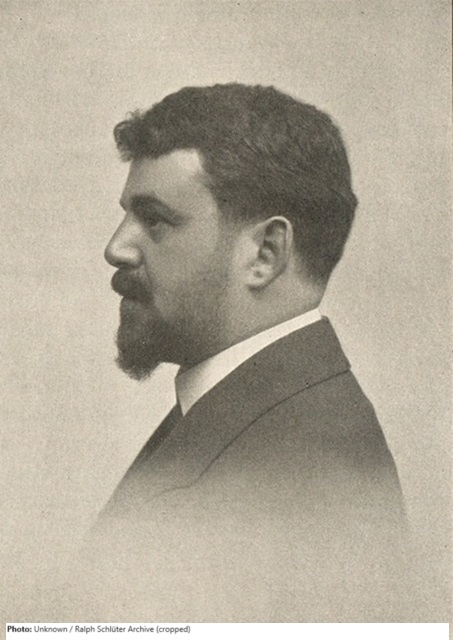René Morax

Biographical information
| Roles | Competed in Olympic Games |
|---|---|
| Sex | Male |
| Full name | René•Morax |
| Used name | René•Morax |
| Born | 11 May 1873 in Morges, Vaud (SUI) |
| Died | 3 January 1963 in Morges, Vaud (SUI) |
| NOC |  Switzerland Switzerland |
Biography
René Morax was a writer, playwright, and theater director. He studied literature in Lausanne and spent time in Paris, London, and Berlin. His drama La Dîme (The Tithe), which he wrote for the centenary of the canton of Vaud, was set to music by Alexandre Dénéréaz. In 1905, Morax was given artistic responsibility for the Fête des Vignerons of the Canton of Vaud together with his brother Jean, a position he held until 1947. In his biennial dramas, he mostly used biblical, historical, and Romanesque themes, but also village and folk themes.
In 1908, Morax opened the Théâtre du Jorat in Mézières. Together with Gustave Doret, he also wrote several operas for this theatre, with Morax being responsible for the librettos. Arthur Honegger wrote the music for his best-known work, König David (King David), inspired by a trip to India in 1919. His other brother Victor became a well-known ophthalmologist.
René Morax attended the “Consultative Conference on Art and Literature” organized by Pierre de Coubertin in 1906. He was also close to the popular theater of the Frenchman Maurice Pottecher. Like the latter, he wrote a very positive newspaper article on the results of the conference, L’Esthétique de la Force (The Aesthetics of Strength) in Le Journal de Genève. Based on these connections to the Olympic Movement, René Morax is a likely candidate for the unknown participant in the 1912 Art Competitions, even if the name on the original documents cannot be clearly identified.
Results
| Games | Discipline (Sport) / Event | NOC / Team | Pos | Medal | As | |
|---|---|---|---|---|---|---|
| 1912 Summer Olympics | Art Competitions |  SUI SUI |
René Morax | |||
| Literature, Open (Olympic) |